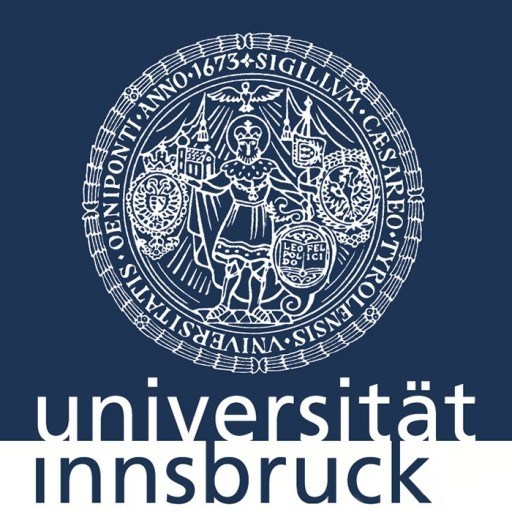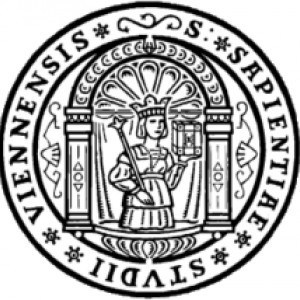Photos of university / #uniinnsbruck
The Bachelor of Science in Botany at the University of Innsbruck offers students a comprehensive introduction to the scientific study of plant life. This program is designed to provide a solid foundation in the biological sciences, with a focus on plant biology, ecology, systematics, physiology, and biodiversity. Students will engage in laboratory and fieldwork, gaining practical skills in research methods, data analysis, and scientific documentation. The curriculum covers a wide range of topics, including plant anatomy, genetics, physiology, ecology, and evolution, preparing graduates for careers in research, conservation, environmental consulting, or further study in master’s or doctoral programs. Through rigorous coursework and active participation in research projects, students develop critical thinking, problem-solving skills, and a deep understanding of plant systems and their role within ecosystems. The program emphasizes interdisciplinary approaches, integrating aspects of chemistry, geography, and environmental science, to provide a holistic understanding of plant environments and their importance in sustaining life on Earth. Students are encouraged to participate in national and international research initiatives, internships, and field studies to gain practical experience and professional networks. The Bachelor's degree in Botany at the University of Innsbruck aims to cultivate skilled scientists and environmentally conscious professionals committed to advancing botanical research and promoting sustainable management of plant resources. Graduates leave equipped with the knowledge and skills necessary to contribute to ecological preservation, agricultural development, and scientific innovation, making a positive impact on society and the planet.
- CM Selected Chapters of Botany
- Elective Module
- CM Instructions for Scientific Working
- Master’s Thesis
- Master's Thesis Defence
Requirements
- Completed a bachelor's degree in a relevant related field.
- Transcript of records including number of ECTS-Credits completed,
- Curriculum vitae,
- Proof of German language ability (level B2)
as well as (originals or officially certified copies):
- Notice (“Bescheid”) confirming awarding of bachelor’s degree,
- Diploma certificate,
- Examination certificate,
- Diploma Supplement
- Transcript (list of examinations completed).
Funding options for the Botany degree program at the University of Innsbruck include a range of financial support mechanisms designed to assist students throughout their studies. Domestic and international students may be eligible for various scholarships, grants, and bursaries offered by the university, the Austrian government, and external organizations. Applicants are encouraged to explore the university’s scholarship portal for current opportunities, which may include merit-based awards for academic excellence, need-based grants, and subject-specific scholarships for environmental sciences and biological studies. Additionally, students can apply for student loans or financial aid programs available through Austrian banking institutions and governmental agencies. The university may also provide partial fee waivers or reductions for selected categories of students, such as those participating in exchange programs or holding specific residence statuses. Furthermore, Austria’s student support services offer guidance on applying for external funding sources, including international scholarship programs and research grants, which may be relevant for postgraduate students or those involved in research projects associated with the Botany program. Part-time employment opportunities are often available on or near campus, allowing students to supplement their income while gaining relevant work experience. It is advisable for students to connect with the university’s student services or financial aid office early in their academic planning to ensure they meet all application deadlines and eligibility requirements. In summary, multiple financing options are accessible to support students enrolled in the Botany program at the University of Innsbruck, fostering an inclusive environment for students from diverse backgrounds and helping to alleviate financial barriers that could impede their educational pursuits.
The Bachelor’s degree programme in Botany at the University of Innsbruck offers students a comprehensive education in plant sciences, aiming to develop their understanding of plant biology, ecology, taxonomy, physiology, and biodiversity. The programme is designed to provide a solid foundation in theoretical concepts while emphasizing practical skills through laboratory work, field trips, and research projects. Students will explore various aspects of plant life, including their structure, function, evolution, and roles within ecosystems. The curriculum includes courses on plant ecology, phytogeography, plant taxonomy, genetics, and conservation biology, preparing graduates for careers in research, environmental consulting, conservation, and further academic studies. The programme emphasizes an interdisciplinary approach, integrating knowledge from biology, geology, and environmental sciences to address current challenges such as climate change and habitat loss. Students will also have opportunities to participate in research projects, gaining hands-on experience with modern scientific techniques and data analysis. The university provides access to well-equipped laboratories, botanical gardens, and field stations, facilitating experiential learning. Graduates will be equipped with critical thinking, research expertise, and a deep understanding of plant systems, enabling them to contribute effectively to ecological and environmental issues. Collaborations with national and international research institutions offer additional opportunities for networking and specialization. The programme is suitable for students interested in plant sciences, ecology, conservation, and related fields, aiming to foster a new generation of botanists and environmental scientists dedicated to the sustainable management of plant resources and ecological systems.



